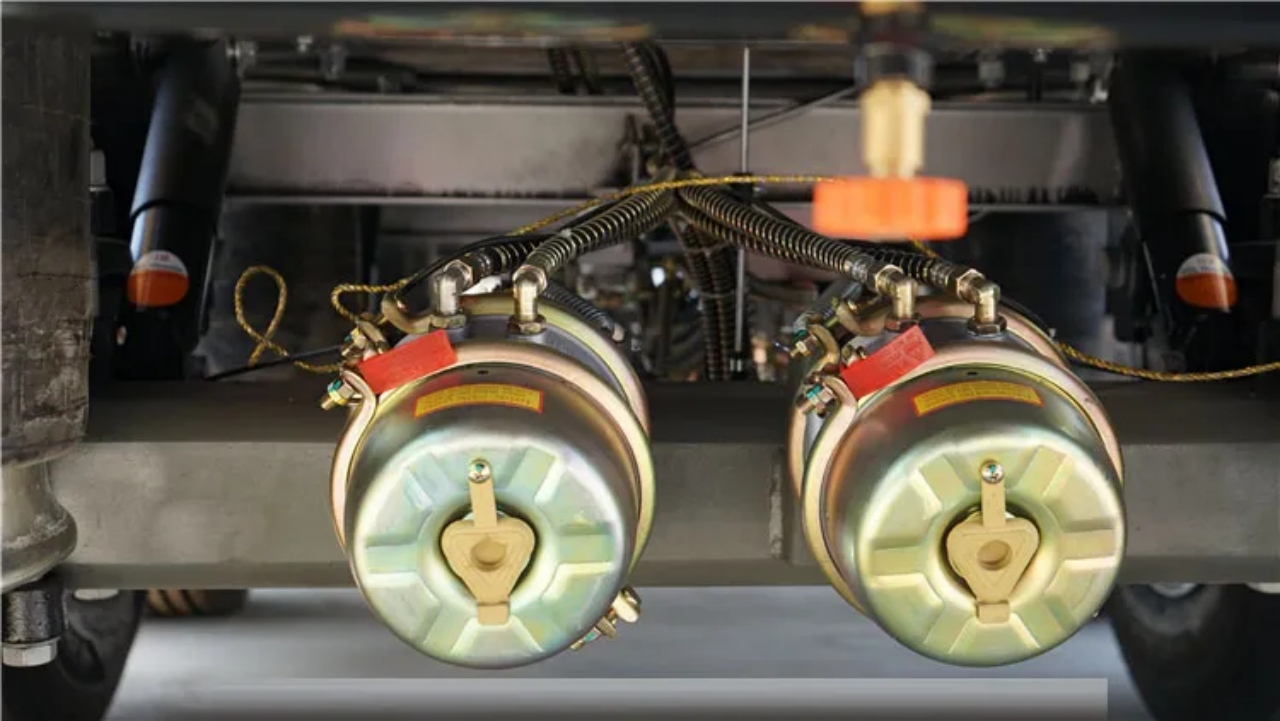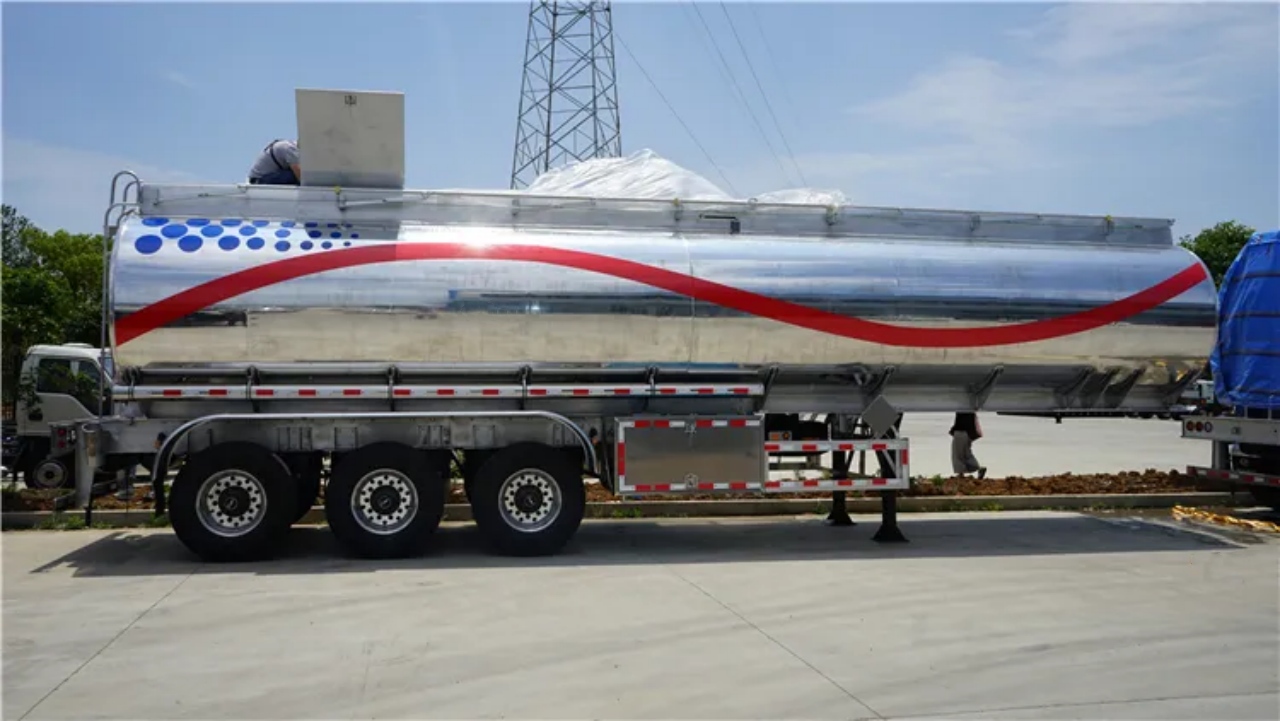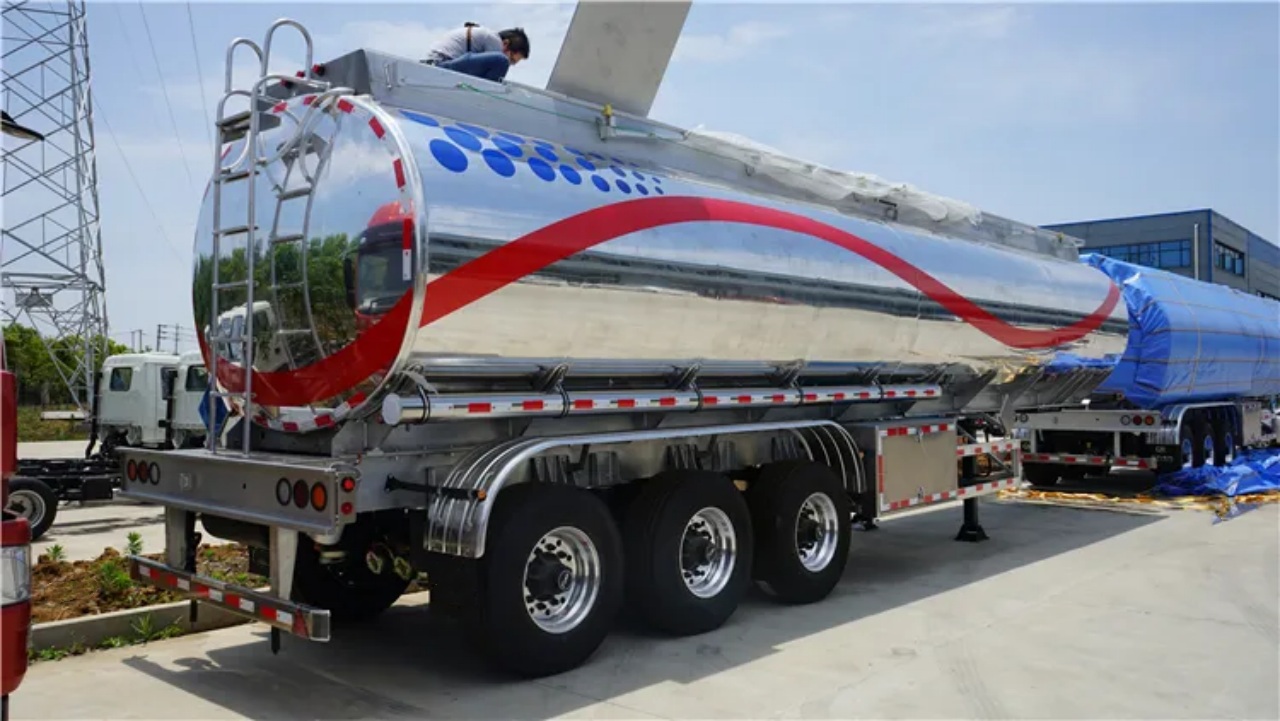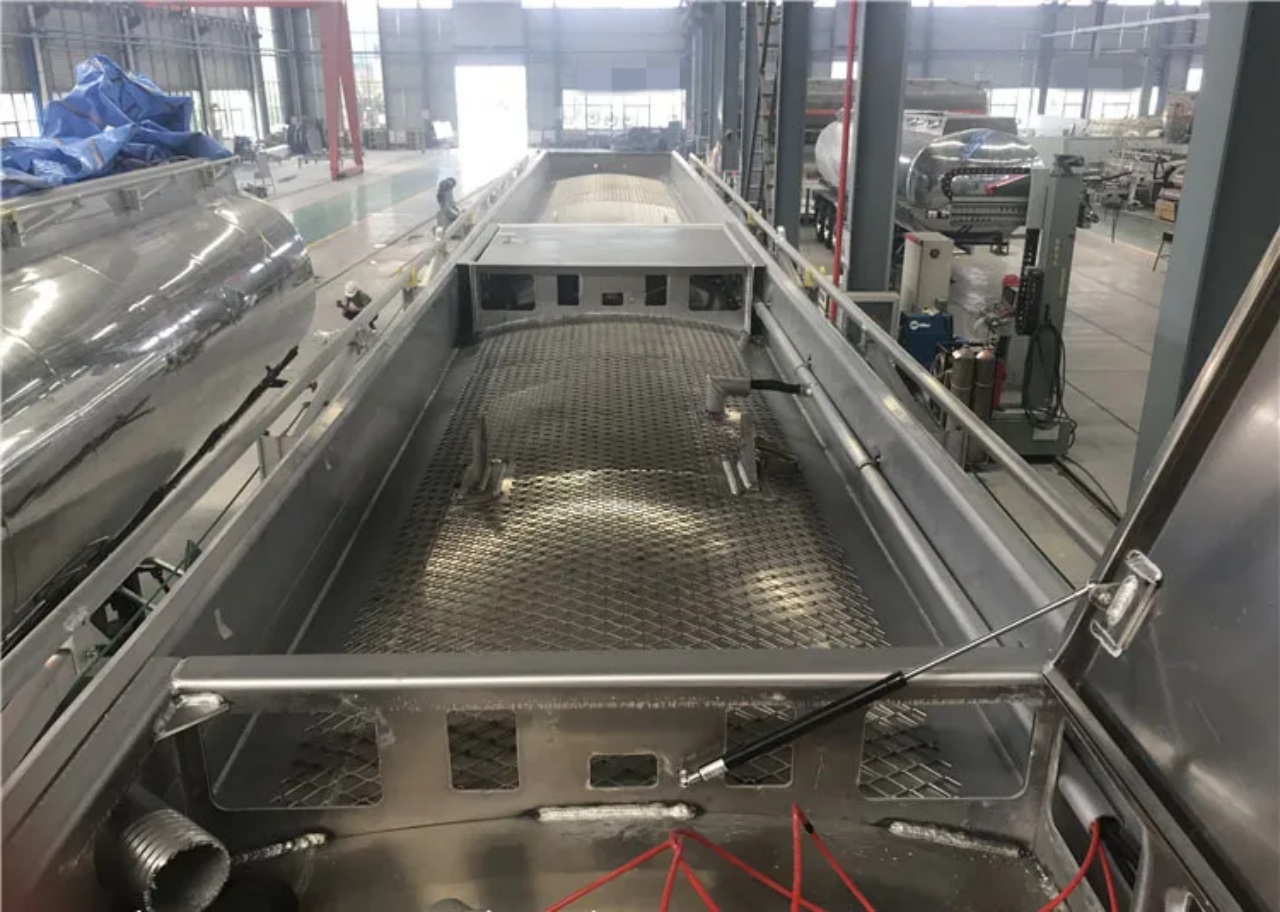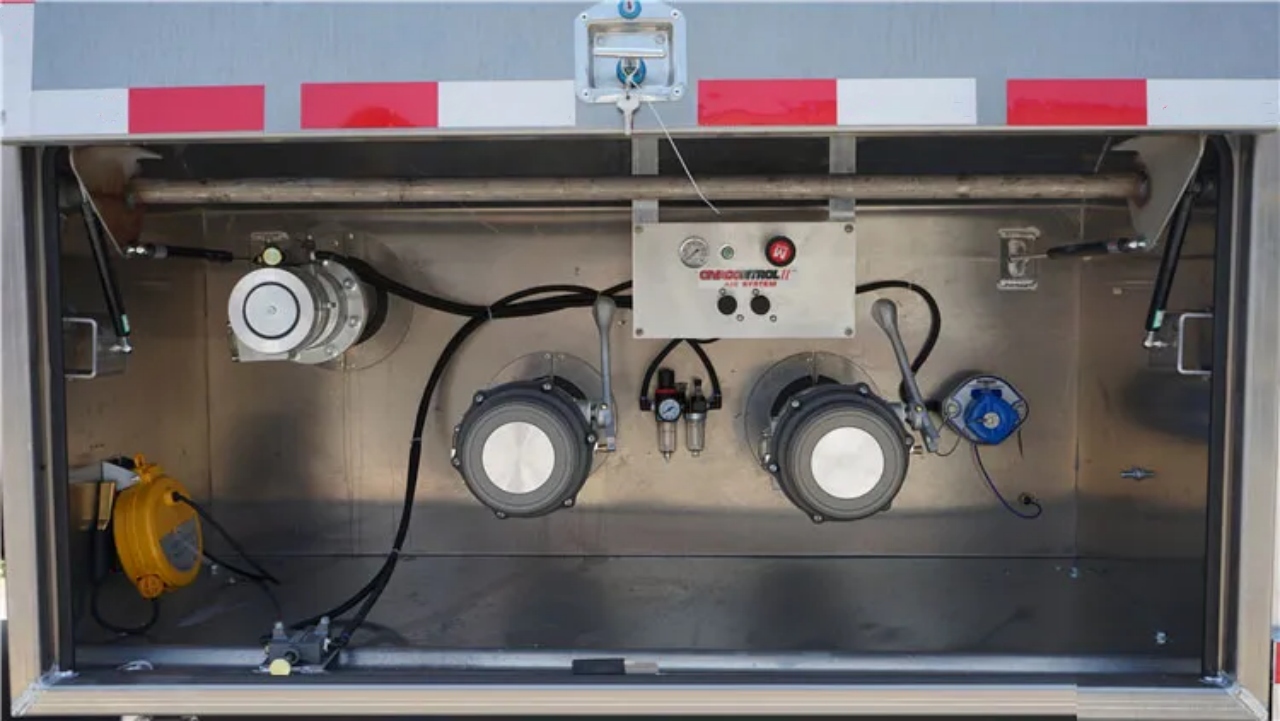When it comes to transporting large volumes of water efficiently, water trailers are essential equipment in construction, agriculture, firefighting, and landscaping. One of the more common sizes is the 1,000-gallon water trailer—a versatile unit that strikes a balance between capacity and maneuverability. But how much does a 1,000-gallon water trailer weigh?
This question is crucial for buyers, operators, and logistics planners alike. Knowing the weight helps ensure safe towing, proper equipment selection, and adherence to legal road limits. The total weight of a 1,000-gallon water trailer depends on several factors, including whether it’s loaded or empty, the trailer’s build materials, and any added components such as pumps or spray systems.
Understanding the Basic Components
To estimate or understand the weight of a 1,000-gallon water trailer, it’s important to break the unit down into 2 key components:
- The Tank and Trailer (Dry Weight)
- The Water (Loaded Weight)
Let’s examine each in more detail.
1. The Dry Weight of the Trailer
The dry weight refers to the weight of the trailer and tank when empty. This includes the chassis, wheels, axles, tank, hitching system, and other accessories such as pumps, hoses, and spray bars.
The construction material significantly impacts the dry weight:
- Steel Frame Trailers: These are the most common for heavy-duty applications. A steel 1,000-gallon water trailer typically weighs between 1,500 to 2,000 pounds (680 to 910 kg) when empty.
- Aluminum Frame Trailers: Lighter than steel, but not as commonly used in rugged environments. These can weigh 1,200 to 1,600 pounds (544 to 726 kg).
- Polyethylene Tank: Most 1,000-gallon tanks are made of high-density polyethylene (HDPE), which is lighter and corrosion-resistant. A standalone 1,000-gallon HDPE tank weighs around 250 to 350 pounds (113 to 159 kg).
When assembled into a trailer configuration, including all structural and functional parts, the complete dry trailer weight can reasonably fall between 1,800 and 2,400 pounds (816 to 1,089 kg), depending on the specific design, axle rating, and accessory package.
2. The Weight of Water (Loaded Weight)
Water is surprisingly heavy. The standard weight of water is 8.34 pounds per gallon (3.78 kg per 3.78 liters).
To calculate the water weight:
1,000 gallons × 8.34 pounds/gallon = 8,340 pounds (3,784 kg)
This means that just the water alone adds over 4 tons to the total weight.
Now, when you add the dry trailer weight:
- Dry trailer (approx. 2,000 lbs) + Water (8,340 lbs) = Total: 10,340 lbs (4,692 kg)
So, a fully loaded 1,000-gallon water trailer can weigh around 10,000 to 11,000 pounds (approximately 4,500 to 5,000 kg), depending on the trailer’s build and included accessories.
Axles and Weight Distribution
Because of this significant weight, a 1,000-gallon water trailer needs to be equipped with dual axles rated for at least 6,000 pounds each, or more commonly, two 7,000-pound axles for added safety and legal roadworthiness.
Weight distribution also plays a crucial role in safe towing. A properly designed trailer will distribute about 10-15% of the total weight on the tow vehicle’s hitch. This means the tongue weight (the downward force on the hitch) could be between 1,000 and 1,500 pounds on a fully loaded trailer. Therefore, you need a tow vehicle (like a heavy-duty pickup or commercial truck) rated to handle both the towing capacity and hitch weight.
Legal and Safety Considerations
Understanding the weight of a 1,000-gallon water trailer is not just a matter of curiosity—it has legal and safety implications:
- Towing Capacity: Most ½-ton pickups cannot tow a fully loaded 1,000-gallon water trailer safely or legally. Instead, a ¾-ton or 1-ton truck (like a Ford F-250/F-350, Ram 2500/3500, or Chevy Silverado 2500/3500) is recommended.
- DOT Compliance: Many regions require trailers above a certain weight to have features such as electric brakes, lights, reflectors, breakaway systems, and licensing.
- Off-Road vs. On-Road Use: Some 1,000-gallon water trailers are designed exclusively for off-road use on farms or construction sites and may not meet Department of Transportation (DOT) requirements for highway use.
Variations Based on Use Case
The total weight may also vary depending on the water trailer’s purpose and accessories:
- Construction Water Trailer: Typically includes dust suppression spray bars, hose reels, and heavy-duty pumps, adding several hundred pounds.
- Agricultural Water Trailer: May have fertilizer or chemical-resistant tanks and additional plumbing, impacting the dry weight slightly.
- Firefighting Water Trailer: Often includes high-pressure pumps, steel enclosures, and tool racks, increasing the overall dry weight.
- Drinking Water Trailer (Potable Water): May use NSF-certified tanks and food-grade materials, slightly altering weight due to tank design and material requirements.
Fuel and Equipment Loads
If your trailer includes an engine-driven pump (gas or diesel), it will carry a fuel tank and possibly a battery. These add another 50 to 200 pounds, depending on the system. Tools, hoses, nozzles, and spares also add marginal but cumulative weight.
Summary Table
| Component | Weight Estimate (lbs) |
|---|---|
| Empty Trailer & Tank | 1,800 – 2,400 |
| Water (1,000 gallons) | 8,340 |
| Total Loaded Weight | 10,140 – 10,740 |
| Axle Requirement | 12,000 – 14,000 lbs total |
| Hitch Tongue Load | 1,000 – 1,500 |
Conclusion
A 1,000-gallon water trailer weighs approximately 2,000 pounds empty, and when fully loaded with water, can tip the scales at over 10,000 pounds. The exact weight varies based on materials, configuration, and added equipment.
If you’re planning to purchase or operate a 1,000-gallon water trailer, always verify the trailer’s specifications from the manufacturer and match them to your towing vehicle’s capabilities. Ensuring that your setup is compliant with legal requirements and properly rated for the weight will keep both operators and the public safe.
In short, understanding the weight of a 1,000-gallon water trailer is essential for safe, efficient, and compliant operation, whether you’re dust-suppressing a construction site or delivering potable water to a remote location.
